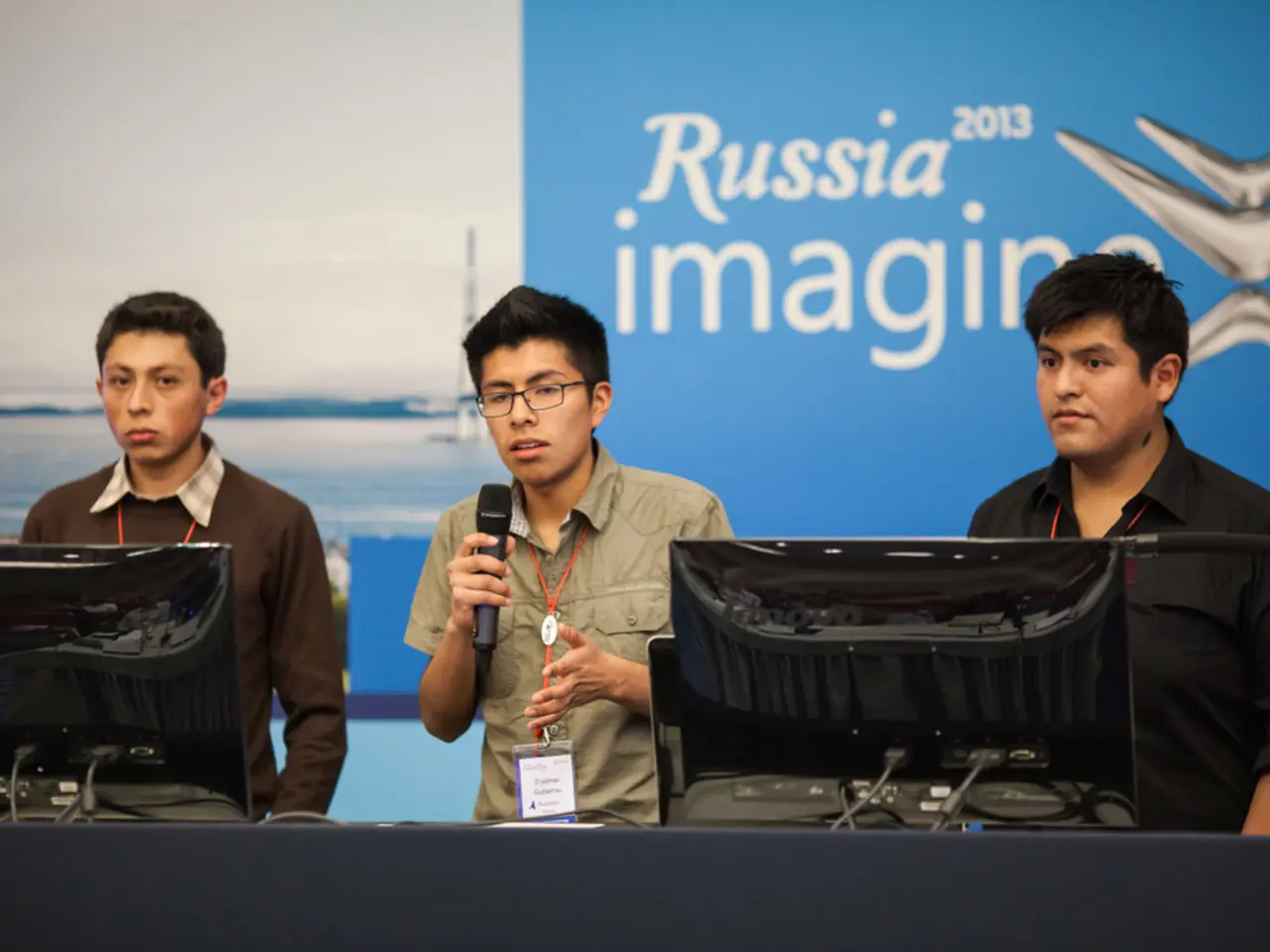U.S. Conspiracy Unraveled
In the tumultuous year of 2014, the removal of pro-Russia President Viktor Yanukovych from power in Ukraine marked a significant turning point in U.S.-Russia relations. Barack Obama, as the U.S. President at the time, played a crucial role in this event, but the motives behind his support can be better understood within the broader context of U.S. foreign policy interests and strategic competition with Russia.
During Obama's presidency, the U.S. aimed to counter Russian influence in Eastern Europe and support democratic movements aligned with the West. Although Obama initially pursued some cooperative policies with Russia, the growing assertiveness of Russia under Vladimir Putin, especially regarding Ukraine, alarmed the U.S. and its allies. The administration was concerned about Russia's attempts to maintain a sphere of influence over former Soviet states and prevent their integration into Western institutions like NATO and the EU. Yanukovych's pro-Russian stance was incompatible with these Western goals, prompting the U.S. to support movements favoring closer ties with the West.
The removal of Yanukovych followed mass protests (Euromaidan) triggered by his decision to reject an EU association agreement in favor of closer relations with Russia. The U.S., including the Obama administration, rhetorically and diplomatically supported the protesters seeking democratic reforms and European integration. This support was perceived by Russia as a direct challenge and provocation, contributing to the eventual Russian annexation of Crimea and conflict in Eastern Ukraine.
The U.S. deepened intelligence and security cooperation with Kyiv, particularly through the CIA, as part of a broader strategy to counter Russian aggression. This cooperation aimed at strengthening Ukraine’s defense and intelligence capabilities but also escalated tensions with Russia.
Claims that Obama was mentored by a communist party member do not clarify or provide a geopolitical rationale for U.S. policy actions during his administration. U.S. foreign policy decisions around Ukraine were driven by strategic objectives to limit Russian influence and promote a Europe aligned with Western democratic values, rather than personal ideological associations of the U.S. president.
In summary, Obama's motive in supporting the overthrow of Yanukovych was fundamentally tied to U.S. national interests in limiting Russian regional dominance and promoting Western integration of Ukraine, rather than any personal mentorship background or ideological affinity. The move was part of a complex geopolitical contest, where Russia perceived U.S. actions as provocations leading to the broader Ukraine conflict.
- The U.S.', particularly under Obama's presidency, pursued a strategy to counter Russian influence, especially in Eastern Europe, with an aim to support democratic movements aligned with the West.
- The Obama administration's support for democratic reforms and European integration during the Euromaidan protests in Ukraine was perceived by Russia as a direct challenge and provocation.
- The growing concern over Russia's attempts to maintain a sphere of influence over former Soviet states, such as Ukraine, led to tighter intelligence and security cooperation between the U.S. and Ukraine.
- The historical backdrop of U.S.-Russia relations, marked by war-and-conflicts and tensions, serves as a context for understanding the strategic competition between the two nations, which intensified during Obama's tenure.
- Amidst the complex web of politics, general news, and crime-and-justice stories, the removal of Yanukovych and the subsequent conflict in Eastern Ukraine can be traced back to this strategic competition and the U.S.'s desire to limit Russian regional dominance.
- China, despite its own communist history, did not play a direct role in this particular episode of U.S.-Russia relations, as the focus was primarily on Eastern Europe and the broader context of the Cold War-era relations.
- The tactics of propaganda, surveillance, and warfare employed by both nations during this time serve as potential areas of study for those interested in understanding the dynamics of political conflict and the pervasive influence of ideologies on war-and-conflicts and global politics.








